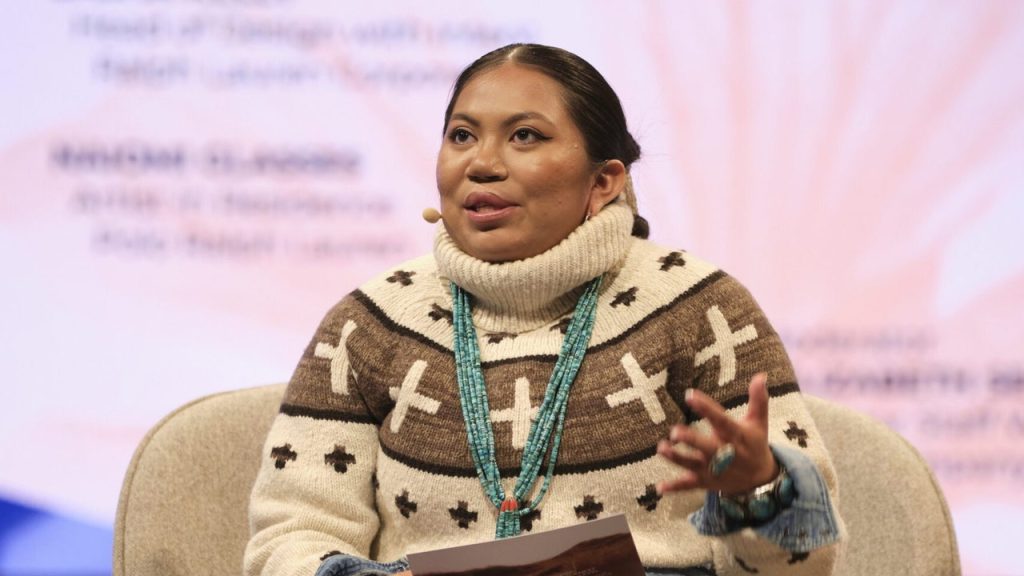The Global Fashion Summit, launched in 2009 to promote sustainability in the fashion industry, recently celebrated its 15th anniversary. Despite this milestone, founder Eva Kruse expressed disappointment at the slow progress in tackling key issues such as greenhouse gas emissions. A report by the Apparel Impact Institute predicts a 40% increase in emissions by 2030, highlighting the urgent need for drastic action to align with the Paris Agreement’s goals of limiting global warming to 1.5 degrees Celsius.
One of the key themes of the 2024 Global Fashion Summit was the lack of bold leadership in the industry. Paul Polman, author of Net Positive, emphasized the need for courage and discomfort in driving meaningful change. Brands are urged to move away from the traditional business model of constantly producing and selling new products, which only exacerbates emissions. The Ellen MacArthur Foundation’s Fashion ReModel initiative, endorsed by major brands like H&M Group and Zalando, aims to promote circular business models such as rental, resale, and repair to reduce environmental impact.
The summit also highlighted the importance of amplifying underrepresented voices, particularly Indigenous communities who play a crucial role in conservation efforts. Indigenous activist Dayana Molina emphasized the need for collaboration and cooperation in creating a more sustainable fashion industry. Diné weaver Naiomi Glasses shared her experience collaborating with Ralph Lauren to showcase Indigenous design, underscoring the value of diverse perspectives in shaping industry practices.
The exclusion of voices from the supply chain was also raised as a concern, as demonstrated by the last-minute visa denial for Indian farmer Atmaram Prajapati. This incident underscored the need for greater inclusion of all stakeholders in discussions on sustainability and ethical practices. The summit highlighted the importance of addressing systemic issues and ensuring that all voices are heard in shaping the future of the fashion industry.
Looking ahead, the fashion industry must prioritize bold leadership, embrace circular business models, and elevate underrepresented voices to drive meaningful change. The Global Fashion Summit serves as a platform for industry stakeholders to come together, share insights, and collaborate on innovative solutions. By working together and challenging existing norms, the industry can move towards a more sustainable and ethical future. While progress may have been slower than anticipated, the momentum is building towards a more environmentally conscious and socially responsible fashion industry.


